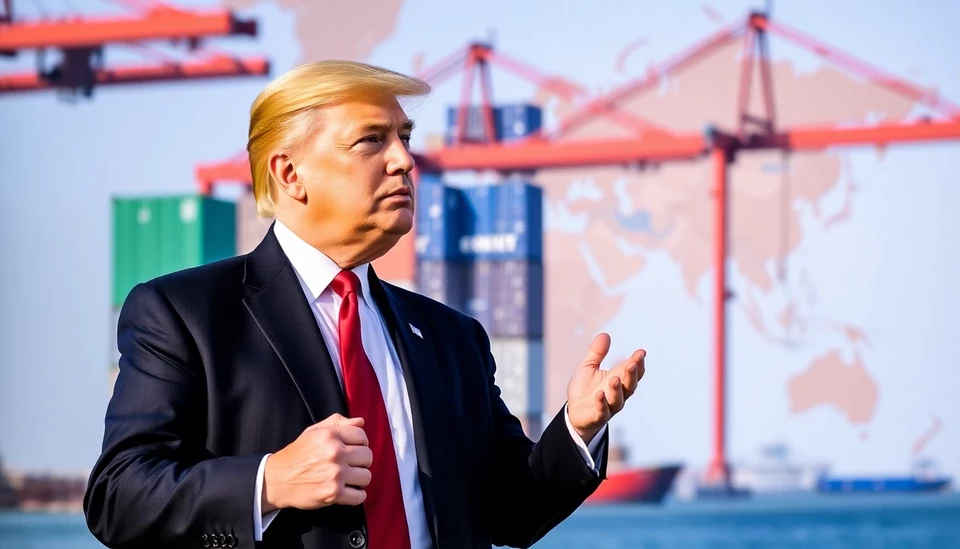
In a notable shift in global trade dynamics, numerous companies are starting to halt orders in anticipation of potential policy changes under the Biden administration. The chilling effect on trade is becoming increasingly evident, raising concerns among manufacturers and suppliers about the future of trade relationships.
Market analysts have reported that many businesses are adopting a wait-and-see approach, with a significant number pausing new orders until clarity on trade policies is achieved. This uncertainty stems particularly from the turbulent legacy of former President Donald Trump's trade policies, which introduced tariffs and favorited protectionist measures.
The apprehension is palpable across various sectors, including technology, agriculture, and consumer goods. Companies that previously thrived under the pre-Trump trade environment now find themselves grappling with rising operational costs and the challenges of logistical disruptions that stemmed from the previous administration's strategies.
Current industry reports indicate that executive decision-makers are particularly concerned about the potential return of tariffs and other trade barriers that might be reinstated or altered as Biden's administration reassesses global trade relations. In essence, the wait-and-see approach seems to be creating a ripple effect, causing delays in production schedules and hesitancy in supply chain commitments.
Notably, some manufacturers are actively reconsidering their sourcing strategies and locations, precipitated by the unpredictability of the international trading landscape. The need to pivot in response to potential shifts in trade regulations is prompting discussions about diversifying supply chains to mitigate risks exacerbated by these delays.
As companies remain uncertain about future tariff implications and other potential trade restrictions, they are finding it increasingly difficult to plan effectively, leading to a decline in overall trade volumes. This atmosphere of doubt could have long-term repercussions for economic recovery, especially as the world grapples with the challenges posed by the pandemic.
The impact is stark: companies are feeling the financial pinch of holding off on placing new orders and investing in inventory. Industry experts advocate for transparency and clarity in trade negotiations to restore confidence among businesses engaged in international trade.
While some analysts forecast a gradual recovery in trade activity once there’s increased policy certainty, others caution that the fragility of international relations may impede progress. The effects of this trade chill thus pose questions about the ability of economies to bounce back post-pandemic.
As the global community watches closely, the resolution of current trade uncertainties will be crucial in determining the pace at which businesses resume normal operations and interactions in the global marketplace.
In summary, the ongoing hesitation among companies to place orders is a clear indicator of the broader implications of changing trade policies, reflecting a significant pivot in the landscape that could dictate the economic trajectory in the months and years to come.
#GlobalTrade #TradeAgreements #TradePolicy #BidenAdministration #EconomicImpact #SupplyChainManagement #ManufacturingTrends
Author: Rachel Greene




